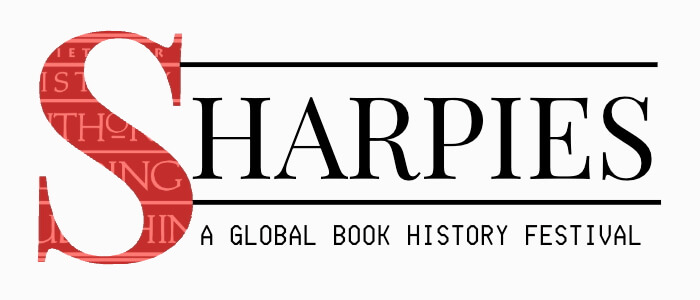
This morning, Kathleen Fitzpatrick drew my attention to a Mastodon post by Babette Knauer about plans for the University of Groningen to get away from Big Tech. The article itself is well worth a read, with ambitious approaches to digital independence. I had some not-very-original thoughts on it.








